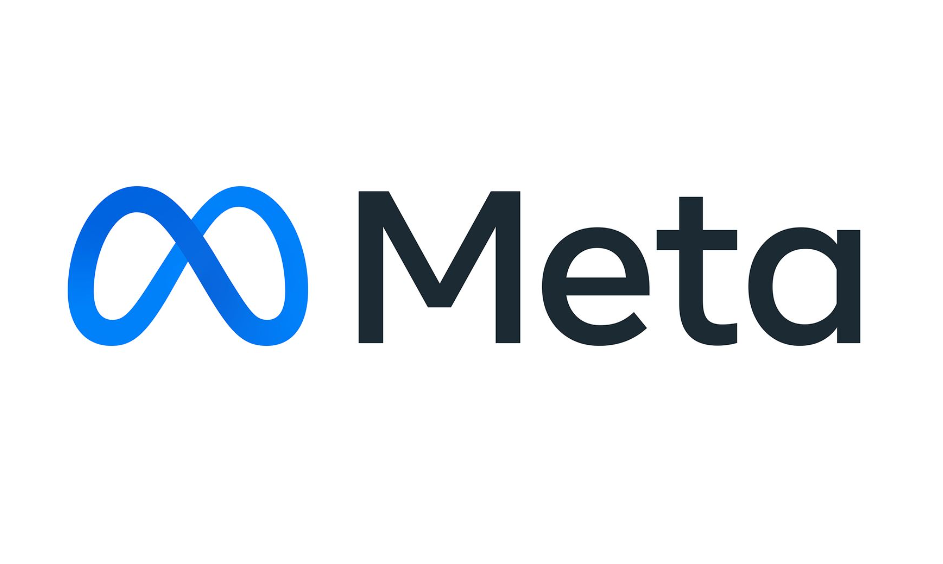Meta plans to use nuclear energy to meet the power needs of AI development
Social media giant Meta recently announced that it expects to need an additional 1 to 4 gigawatts of nuclear power by 2030 to support the development of its artificial intelligence (AI) technology. The plan has attracted widespread attention, and Meta said it will issue a request for proposals (RFP) to find developers who can provide the required power in the United States.

Meta mentioned in its blog that driving future advancements in human connectivity technologies, including the next wave of AI innovation, will require the grid to expand and embrace new sources of reliable, clean and renewable energy. While Meta will continue to invest in solar and wind power, it and many large cloud providers appear to believe that nuclear energy is the only practical way to meet AI's power needs while also meeting its sustainability promises.
This isn't Meta's first foray into nuclear power. As mentioned in previous reports, Meta had planned to build a nuclear power data center at a certain location, but was forced to cancel the project due to the discovery of a rare bee species.
To support the development of its latest AI models (such as Llama3.1405B), Meta founder Zuckerberg has pledged to invest in approximately 600,000 GPUs, and these devices require a lot of power to run. While specific details of the RFP have not yet been revealed, Meta expects developers to provide between 1 and 4 gigawatts of nuclear power, signaling some uncertainty about future power demand.
Meta also mentioned in the blog that multiple small modular reactors (SMRs) may be deployed due to cost considerations. These small reactors, similar to those on nuclear submarines and aircraft carriers, can be co-located with data centers and other industrial buildings. Faced with the growing energy demand of AI, many cloud service providers have set their sights on SMR. Several companies on the market are actively developing related technologies, but so far no one has proven its commercial feasibility.
Despite this, many data center operators are still signing power purchase agreements with SMR providers. Recently, Oklo, a startup backed by Sam Altman, revealed that it has received letters of intent from two large data center providers to provide 750 megawatts of power. Giants such as Amazon and Google are also actively investing in nuclear energy. Amazon plans to cooperate with X-energy to build multiple SMRs, while Google has launched a similar cooperation with Kairos.
However, implementing these plans is not easy. Strict regulatory controls and public concerns about nuclear energy safety make even existing nuclear energy infrastructure facing challenges. Amazon's recent rejection by federal regulators of an application to increase power supply from its nuclear power plant in Pennsylvania illustrates the complexity and uncertainty of nuclear energy development.
Highlights:
? Meta expects to need 1 to 4 gigawatts of nuclear power by 2030 to support its AI technology development.
?The company will issue a request for proposals to find developers who can provide the required power.
? Small modular reactors (SMRs) have emerged as the main option to meet electricity needs, but have yet to prove their commercial viability.
-
 It's the spooky time of the year, so here are some of the best horror games you can play to give yourself a good scare.
It's the spooky time of the year, so here are some of the best horror games you can play to give yourself a good scare. -

Moon House Room Escape Walkthrough
Solve the Moon House apartment tour puzzle! -

How to Play Dice in Kingdom Come Deliverance 2: All Badges & Scoring Combos
If you're wondering how to play dice in Kingdom Come: Deliverance 2, here's what you need to know about that. -

How to make a car in Build a Car to Kill Zombies
Zombie Stampede!
